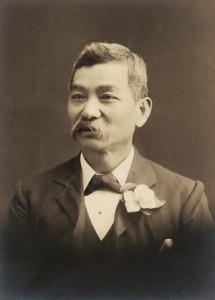1. I definitely prefer when I can spend a lot of time with the historical background of a story, maybe not overtly by making notes but organically, letting my thoughts come together slowly as I read about different aspects of the time period. Ideally, I could read for several years…but that’s never happened.

2. Eventually, you have to stop researching and start writing. You might have to go back to research at some point. You might also have to learn to work around needing more research. Research can be done at a time when you aren’t able to continue with the story, perhaps when you’re too tired or are able to go to the library.
3. The hardest part of worldbuilding, for me, is knowing that my imaginary world can never be as complex as a real one. There’s no way for me to show everything. I have to make choices about what’s most relevant to the story I’m telling.
4. No matter how much research I do, there will always be something I miss; there will always be a geek who is geekier than I am. The corollary is that the geekier geek will always find me and point out my mistake.
5. I think the story often benefits from less detail rather than more. But you have to know the more before you can choose the less.

Pingback: Tweets that mention Five Thoughts on Historical Worldbuilding :: Victoria Janssen -- Topsy.com
I hear you. My trunk novel was described as a string of history lessons. :(
Ah, but now you’ve done the research and can use it for a future project!
ll very good advice. And very true, too, especially number 4.
I’ve always hoped, if the geekier geek emerges, that’s a good thing because it means you have another research resource!